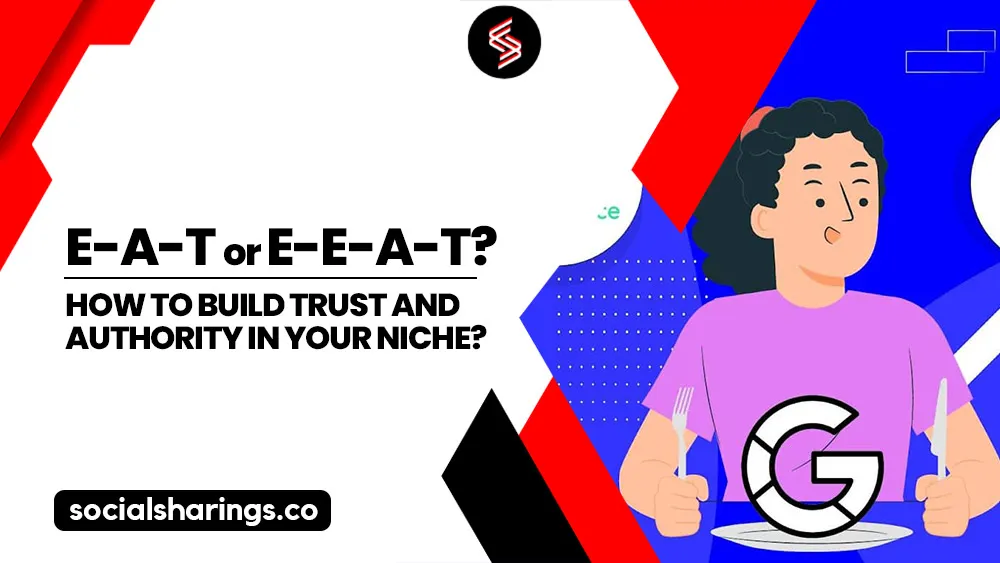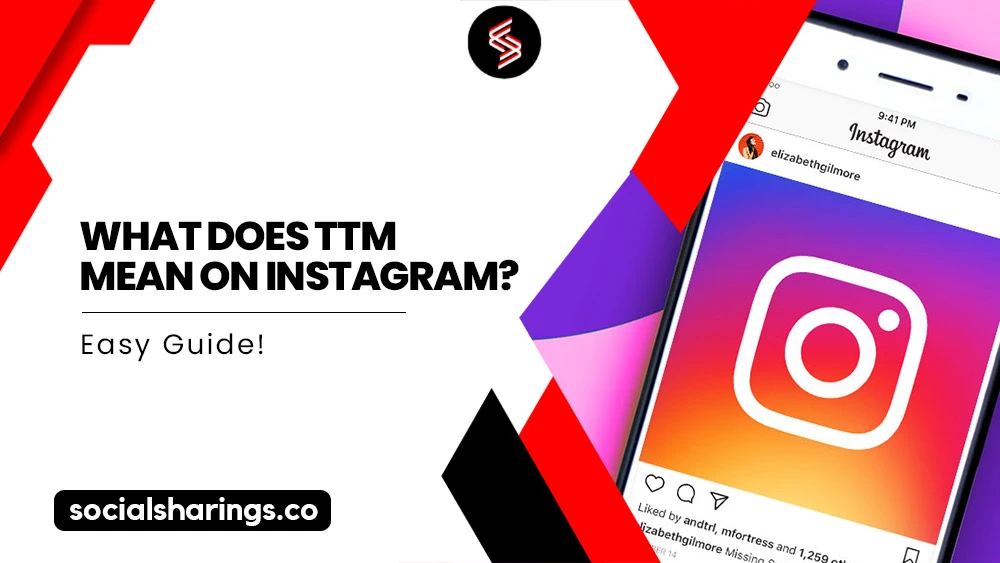E-A-T is an umbrella term for Expertise, Authoritativeness, and Trustworthiness. Google introduced this criterion in its algorithm update of 2018 to judge website content and determine whether it succeeds in delivering value to its visitors.
While the basic principles of E-A-T were already evident in the content writing services of most companies, the new update made it an indispensable part of all forms of web content.
Ever since then, Google has released several new updates. If you look at them closely, you’ll find that the spotlight has shifted from E-A-T to E-E-A-T, highlighting stricter quality benchmarks.
If you’re wondering about the significance of this new E, in this article, I’ve compiled everything you need to know about E-E-A-T and SEO for a better chance of securing a high ranking on SERPs while following the latest Google algorithm updates.
Let’s Understand E-A-T
E-A-T is an SEO requirement that presents a set of rules or guidelines for on-page content to ensure that it’s trustworthy and helpful for your audience.
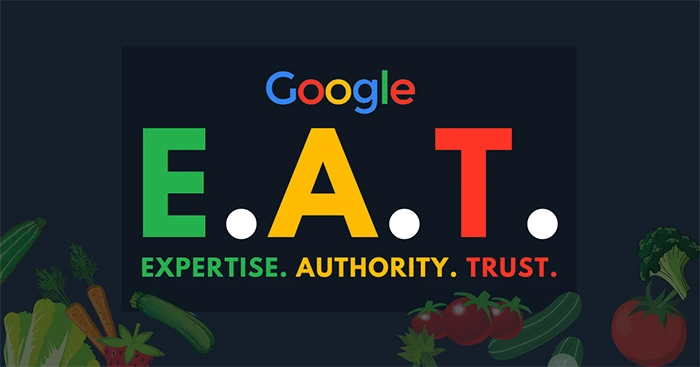
Here’s a breakdown of E-A-T to further simplify the concept:
E- Expertise
Expertise in this context refers to the level of a writer’s subject matter expertise to craft high-quality and engaging content. It guarantees your website visitors that the content is from a knowledgeable source.
Google pays close attention to such demographics and subsequently increases or decreases your search rankings, directly affecting your website traffic.
A- Authoritativeness
When we see a specific type of content, we don’t automatically conclude that its author is a professional in their field just by looking at the credentials in the byline. Instead, we check their bio, LinkedIn profile, or resume for a valid assessment.
Similarly, Google determines the authoritativeness of your content from its quality and whether it has links leading to other high-authority pages, flows systematically, and delivers what it promises to submit.
Other factors that indicate authority include whether the site where the content is published regularly posts such content, whether others cite it, and whether the content is professionally formatted and well-maintained.
T- Trustworthiness
Trustworthiness applies to the website, its content creator, and the content posted on it. The content must be comprehensive, up-to-date, factual, and reiterate the information indicated by the title and sub-headings.
Moreover, trustworthy sites load quickly, are user-friendly, establish credibility with an About Us page, and do not include questionable external links on their pages.
Exploring the New E: What Does Experience Signify in E-E-A-T?
The additional E in E-A-T represents “Experience”. What Google is looking for here is if the person writing the content has actually visited the place, lived through the event, tried the product, or implemented the solution they’re writing about.
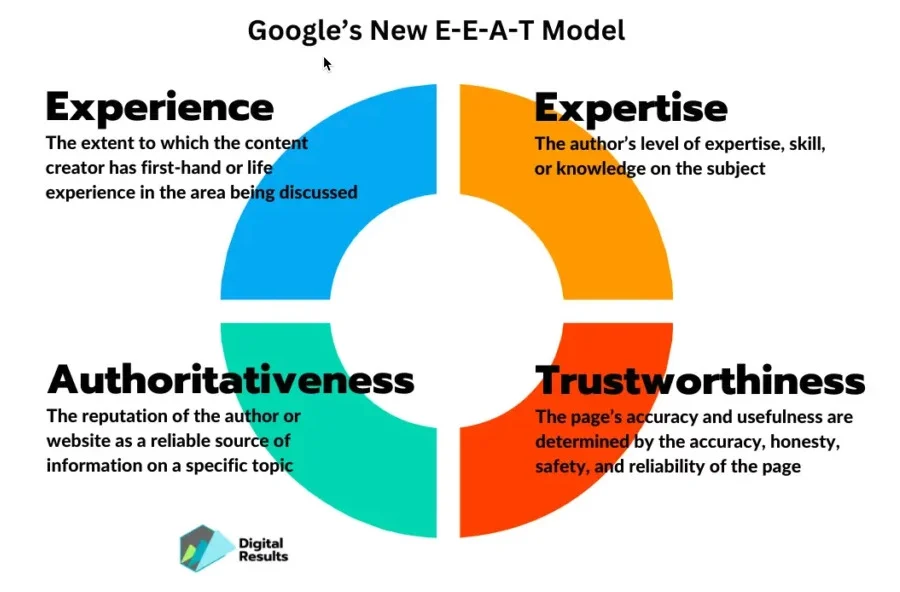
Image source: portent.com
There is a clear difference between knowing about something from practice or understanding something theoretically. This is where Experience plays its role. Imagine someone who has seen tons of documentaries or has read accounts about life at sea versus someone who has actually spent a considerable time at sea.
The first person’s knowledge about the subject is purely academic, like what one would acquire from school. On the flip side, the second person possesses firsthand experience of the serenity of the calm waters and praying for life when the big waves start hitting.
Basically, what Google is trying to say is that while both types of wisdom are important, it would rather show its users a review of the latest iPhone published by someone who has purchased and used it instead of someone who has only read about it.
This also goes to show Google’s love for original content. At the end of the day, what is more original than a person’s own experience?
E-A-T Checklist for SEO-Optimized Website Content
In the words of Lily Ray, Director of SEO at Amsive Digital, “It’s important to remember that there is no single confirmed approach to improving E-A-T; it can be done in a variety of ways and should really just be focused on improving user experience, quality, and trust.”
So, let’s take a look at how you can fulfill these requirements in accordance with Google’s E-A-T. principles.
Generate In-Depth Content
Anyone can rewrite content that is already available on the internet. You need to show that you’re not another site that repurposes content by showcasing your expertise.
You can accomplish this in the following ways:
- Execute keyword research to understand what people are searching for.
- Consider your target audience, what they’re looking for, and why they’re searching. This is known as the searcher’s intent.
- Use AI tools such as SEMrush SEO or MarketMuse to understand what more needs to be embedded in your content for it to be SEO-optimized.
- Leverage Google’s autocomplete tool and the People Also Ask section to better understand people’s queries regarding the topic you’re writing for. This way, you can craft your content to answer your audience’s most common queries.
- Adopt various content formats for the information to be easily analyzed and accessible to your website users and learners. This includes on-page text, images, videos, podcasts, bullets and subheadings, infographics, audio, and FAQs.
Build Niche Authority
Consistently publishing in-depth content according to your niche helps you establish authority. However, doing this isn’t enough to make you land on top of the SERPs.
Integrate the following steps in your search engine optimization services to augment your authority and SEO efficiency.
Encourage links from niche-related sites with high authority
Launch high-quality content on your website that may encourage other people to re-share or link it to content on their websites. Similarly, you can expand your networking by sharing or linking other high-authority websites’ content to your pages.
You can also participate in guest posting opportunities or offer quotes to people who write their content as a substitute for your website’s link.
Form reputable citations
Citations are formed when another site mentions your business and can be game changers if they contain your entire NAP data, i.e., business name, phone number, and address.
Some ways of ensuring this happens include joining national or international industry events and connecting with different organizations in your industry. You can also claim your profile from other sites to boost the frequency with which other online pages mention you.
Build social shares
Social shares can be generated through content that either helps or entertains viewers. The key here is to remain active on your socials to propel engagement and increase the chances of others sharing your content.
Mention Authorship of Your Content
Google states that although the E-A-T of the content is paramount, the E-A-T of the creator is equally essential. This is particularly applicable to specific types of pages.
Besides Google, even your website visitors wish to know the entity providing them with the information. Mention authorship to maintain the authority of your pages by using the following tips.
- Add author bylines so readers can see who has written the content, even if it’s one of your employees.
- Feature a link to the author’s profile to showcase their expertise or establish their authority in the discussed topic.
- Use the author’s schema so the search engine knows who wrote the content and their relevance to that field.
- Encourage creators to write detailed bios that express the capabilities of the writer. Attach those bios to your site and link the content or author bylines to them.
A great example of demonstrating writer authorship is shown below, which offers a link to Amanda’s social profiles. It further indicates that Amanda is a real person you can contact and has the credentials that allow her to write about the topic with expertise.
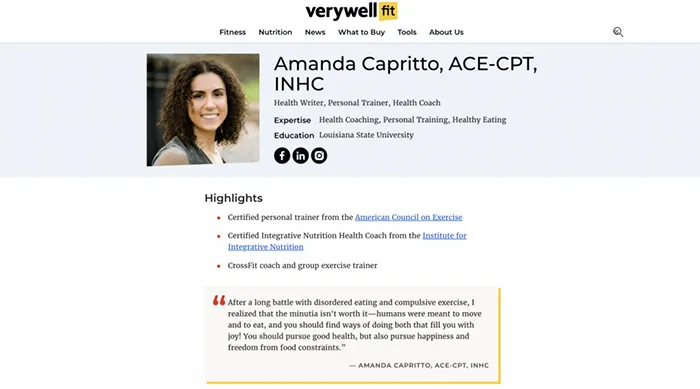
Source Experts to Assist With Writing Your Content
You can unlock a wide range of possibilities with your in-house writers. However, sourcing experts in your niche to assist with writing your content is a remarkable way to exhibit the authority of the content.
There are two types of experts you can reach out to for this purpose.
- An individual with actual expertise in the niche: Someone with knowledge in your niche and the accreditation to prove it. For instance, a doctor for health-related content, an accountant for finance content, and a certified hairstylist for content about hairstyling tips.
- An individual with Google authority: This is someone who has created an online reputation for writing top-notch content for a specific niche. For instance, a successful blogger or freelance writer.
Best Practices for Demonstrating Experience in Your Content
If you want to show Google and your customers that your content demonstrates real experiences, there are several ways you can do this. However, before we get to that, you must decide on the type of experience you want to showcase to your audience. These include:
- Case Studies of instances where you offered a solution to a problem. Here, you can share a problem you or a third party faced, how you presented a solution for it, and the events that unfolded after. For better results, use figures or pictures.
- Personal Stories about your real-life incidents. Sharing your own situations helps customers connect with you on a deeper level. Narrate occurrences from your life that fall under your topic.
- Photos or Videos of yourself using a product. When viewers see you use the product they were thinking of purchasing, they automatically trust you more.
- Verified Reviews from happy customers who have tested your product or service and were impressed by it. You can place these reviews on your website’s landing pages, blog posts, etc., where your potential clients can easily see them.
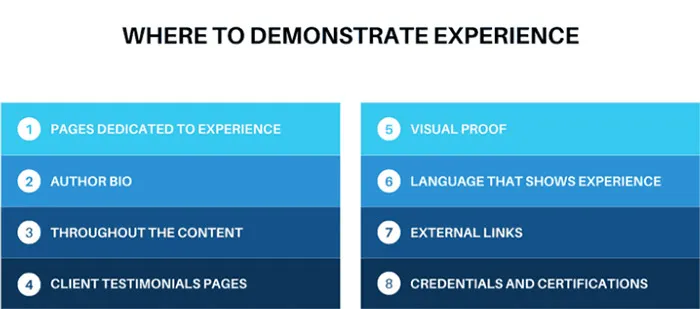
Some high-traffic areas where you can display your experience and show correspondence with E-E-A-T to boost search potential include:
- Create pages solely dedicated to experience
- Mention your experience in the field in your author’s bio
- Mention experience through stories throughout your content to make the content more relatable
- Have a page dedicated to client testimonials
- Add proof through a visual aid
- Use first-person language to demonstrate experience
- Add external links
- Display your certifications or credentials in your field
Auditing Your Site SEO for E-E-A-T Content
If you already have a website that doesn’t meet Google’s E-E-A-T requirements, conducting a site audit, in this case, is ideal. It prevents you from creating a website from scratch, saving you time and effort, and ensures that you don’t forego any existing traffic coming to your website.
Here’s what you need to look for in the audit:
- Absence of authorship
- Terms that hint at personal experience or length of time in the field
- First-person dialog
- Insufficient author bios or links that indicate the author’s expertise
- Scarcity of backlinks, especially when it’s been long since your content has been published.
- Whether each page is ranking for the appropriate keywords.
- Does your content accurately answer the searcher’s intent?
- Is your content obsolete? A yearly review of your content is essential to ensure it’s up-to-date, especially when new technology has been introduced.
- The number of links on every page to other authority sites
- The number of links on every page to your content.
FAQs (Frequently Asked Questions)
E-E-A-T stands for Experience, Expertise, Authoritativeness, and Trustworthiness. It’s a concept Google uses to check content quality.
To write E-E-A-T content, you need to share knowledgeable insights based on personal experiences and have to make sure that your content is accurate and trustworthy.
E-A-T focuses on Expertise, Authoritativeness, and Trustworthiness. E-E-A-T adds Experience, the value of personal experience.
E-E-A-T checks if your website’s content is written by experienced and expert people. High E-E-A-T content can improve your site’s ranking.
Final Words
Here is what you need to know about succeeding in Google’s SERPs: it doesn’t require any secret sauce that only the high-ranking sites know. Anyone can secure the top spot, provided they’re willing to invest the hard work that leads to such a result.
For starters, I’d suggest that it’s vital to stay updated with trends and produce evergreen content that ranks in the present and has the potential to rank in the future. Remember, you have to frequently revise your strategy according to these factors to polish your page for better rankings in the future.
Integrate the checklist pointers I’ve mentioned above to improve your E-E-A-T score. To attract organic traffic and improve your SERP rankings, get free site audit and avail our guaranteed seo services.
Also read more blogs:


